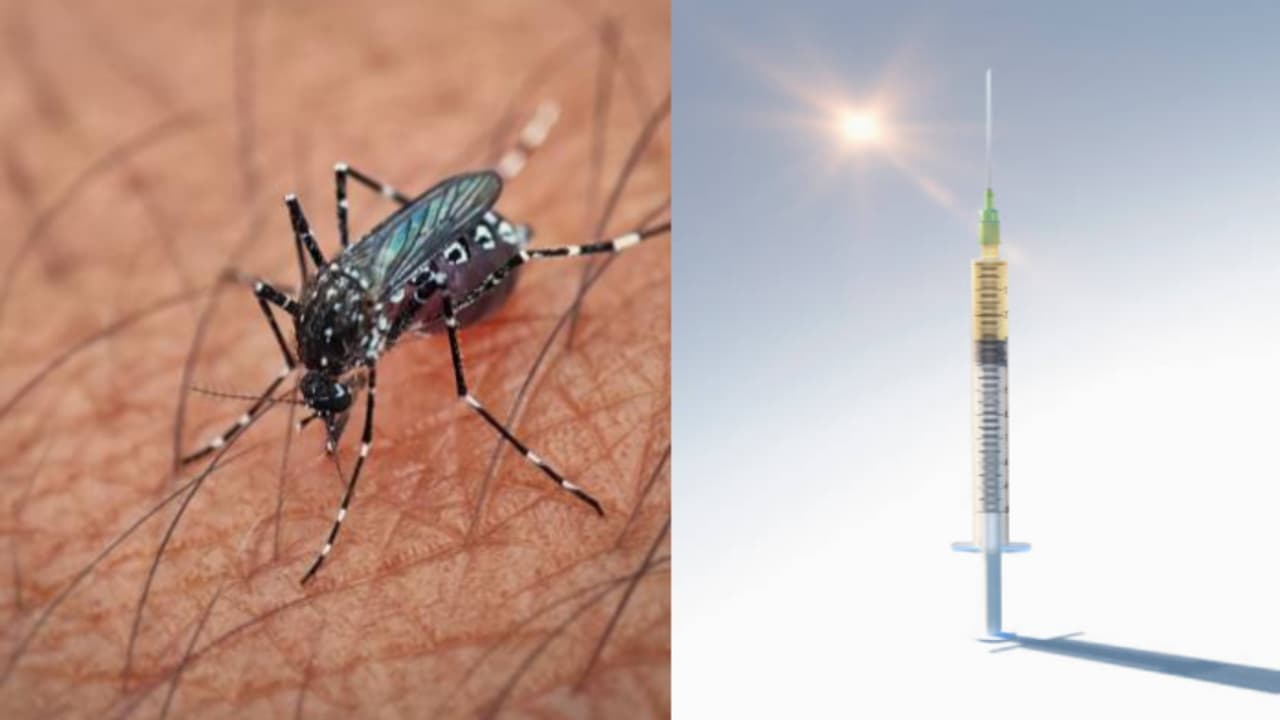The US Food and Drug Administration approved Ixchiq, the first chikungunya vaccine. Ixchiq is approved for individuals 18 years of age and older who are at increased risk of exposure to chikungunya virus.
US health authorities on Thursday approved the world's first vaccine for chikungunya, a virus spread by infected mosquitoes that the Food and Drug Administration called "an emerging global health threat." According to the FDA, the vaccine, created by European company Valneva and branded as Ixchiq, has been licenced for use in those 18 years of age and older who are at a higher risk of exposure.

The US pharma regulator's approval of Ixchiq is anticipated to expedite the vaccine's introduction in nations where the virus is most common. Chikungunya is most common in tropical and subtropical parts of Africa, southeast Asia, and portion of the Americas. It produces fever and excruciating joint pain.
The FDA stated that there have been over 5 million cases of chikungunya in the last 15 years, "but the virus has spread to new geographical areas causing a rise in global prevalence of the disease."
Also Read | UK set to tag India as safe country; that will end asylum rights for illegal migrants
Senior FDA official Peter Marks stated in a statement that "chikungunya virus infection can lead to severe disease and prolonged health problems, particularly for older adults and individuals with underlying medical conditions."
"Today's approval addresses an unmet medical need and is an important advancement in the prevention of a potentially debilitating disease with limited treatment options."
As is customary with other vaccinations, the chikungunya vaccine is administered as a single injection and contains a live, weakened strain of the virus. 3,500 participants were included in two clinical studies conducted in North America. Frequently reported adverse effects were headache, exhaustion, soreness in the muscles and joints, fever, and nausea. In the trials, 1.6% of Ixchiq patients experienced serious responses; two of them needed to be hospitalised.
